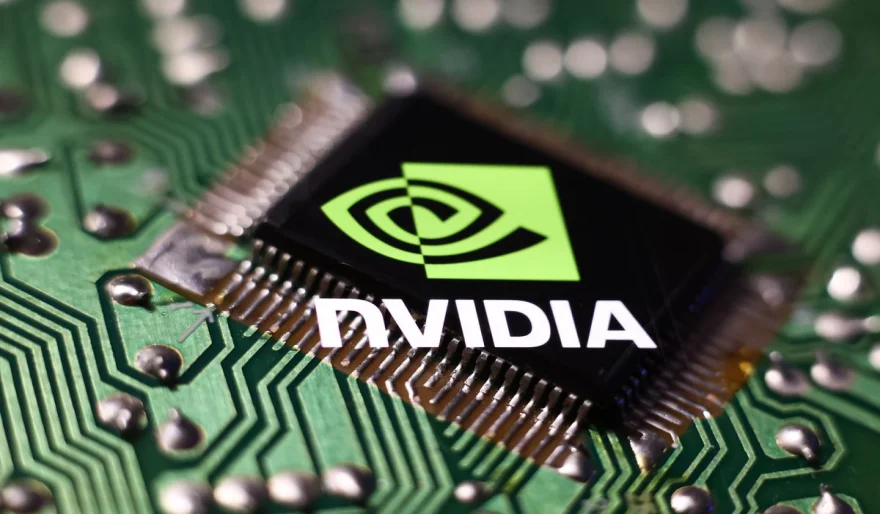Stay Ahead of the Curve
Latest AI news, expert analysis, bold opinions, and key trends — delivered to your inbox.
Nvidia: From Gaming Giant to AI Healthcare Champion?
7 min read Nvidia, the leader in graphics processing units (GPUs), is making a bold move into the healthcare industry with its powerful AI technology. March 25, 2024 05:27
Nvidia, the powerhouse known for its graphics processing units (GPUs) that fuel the gaming world, is making a bold move into the realm of healthcare. Their recent actions paint a clear picture: Nvidia is setting its sights on revolutionizing medicine with the power of artificial intelligence (AI).
A Treasure Trove of AI Tools for Healthcare
At the 2024 GTC AI conference, Nvidia unveiled a staggering array of AI-powered healthcare tools. These tools target various aspects of medicine, including:
- Drug Discovery: Nvidia's AI can potentially accelerate the notoriously slow and expensive process of drug discovery. Imagine AI sifting through vast datasets to identify promising new drug candidates.
- Medical Imaging: Enhanced medical imaging analysis could lead to earlier and more accurate diagnoses. Nvidia's AI tools could assist in tasks like tumor detection or disease progression tracking.
- Generative Surgery: This futuristic concept involves AI assisting surgeons during operations. Nvidia's technology could provide real-time insights and guidance, potentially leading to improved surgical outcomes.
Strategic Partnerships Signal Serious Intent
Nvidia isn't going it alone. Recent deals with healthcare giants like Johnson & Johnson and GE Healthcare solidify their commitment to this new direction. These partnerships suggest Nvidia's AI solutions are resonating with industry leaders.
The Potential Impact: A Brighter Future for Healthcare?
If successful, Nvidia's AI push in healthcare could have a profound impact:
- Faster Drug Development: New drugs could reach patients sooner, potentially saving lives and improving quality of life.
- Improved Diagnostics and Treatment: Earlier and more accurate diagnoses could lead to better treatment outcomes.
- Enhanced Surgical Precision: AI-assisted surgery could minimize risks and improve patient recovery.
Challenges and Considerations Remain
While the potential benefits are undeniable, challenges remain:
- Regulation: Ensuring the safety and efficacy of AI-powered medical tools will require robust regulatory frameworks.
- Data Privacy: Protecting patient privacy is paramount when using AI in healthcare. Addressing data security concerns will be crucial.
- Ethical Considerations: Potential biases in AI algorithms need careful consideration to ensure fair and equitable healthcare for all.
The Road Ahead: A Collaborative Effort
The successful integration of AI into healthcare requires a collaborative effort. Nvidia, healthcare providers, researchers, and regulators must work together to navigate the challenges and ensure responsible development and implementation.
Nvidia's ambitious foray into AI-powered healthcare is a promising development. While challenges exist, the potential to revolutionize medicine and improve patient outcomes is undeniable. As this field continues to evolve, one thing is certain: the future of healthcare might be powered by the same technology that drives our favorite video games.



















 AI Agents
AI Agents